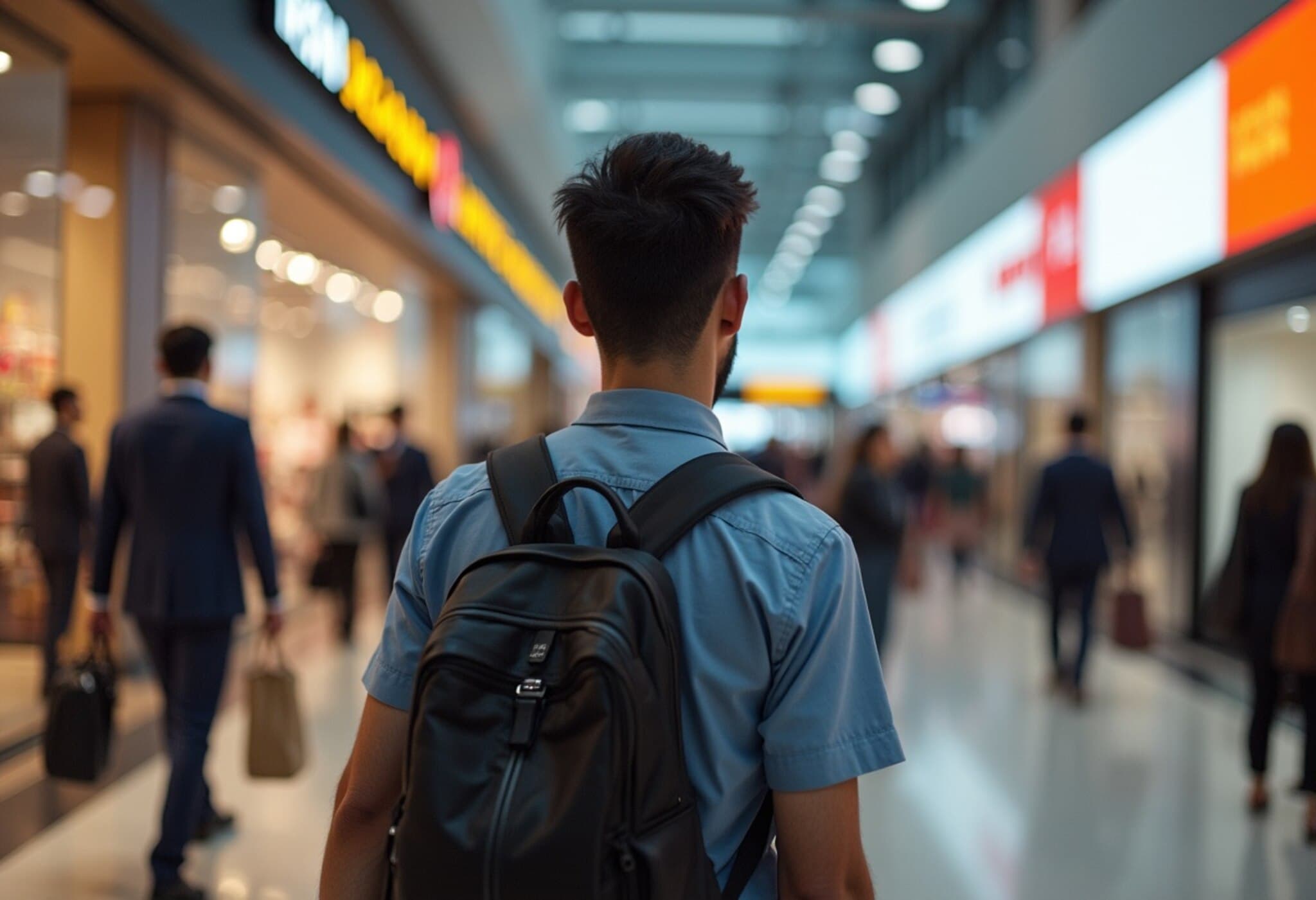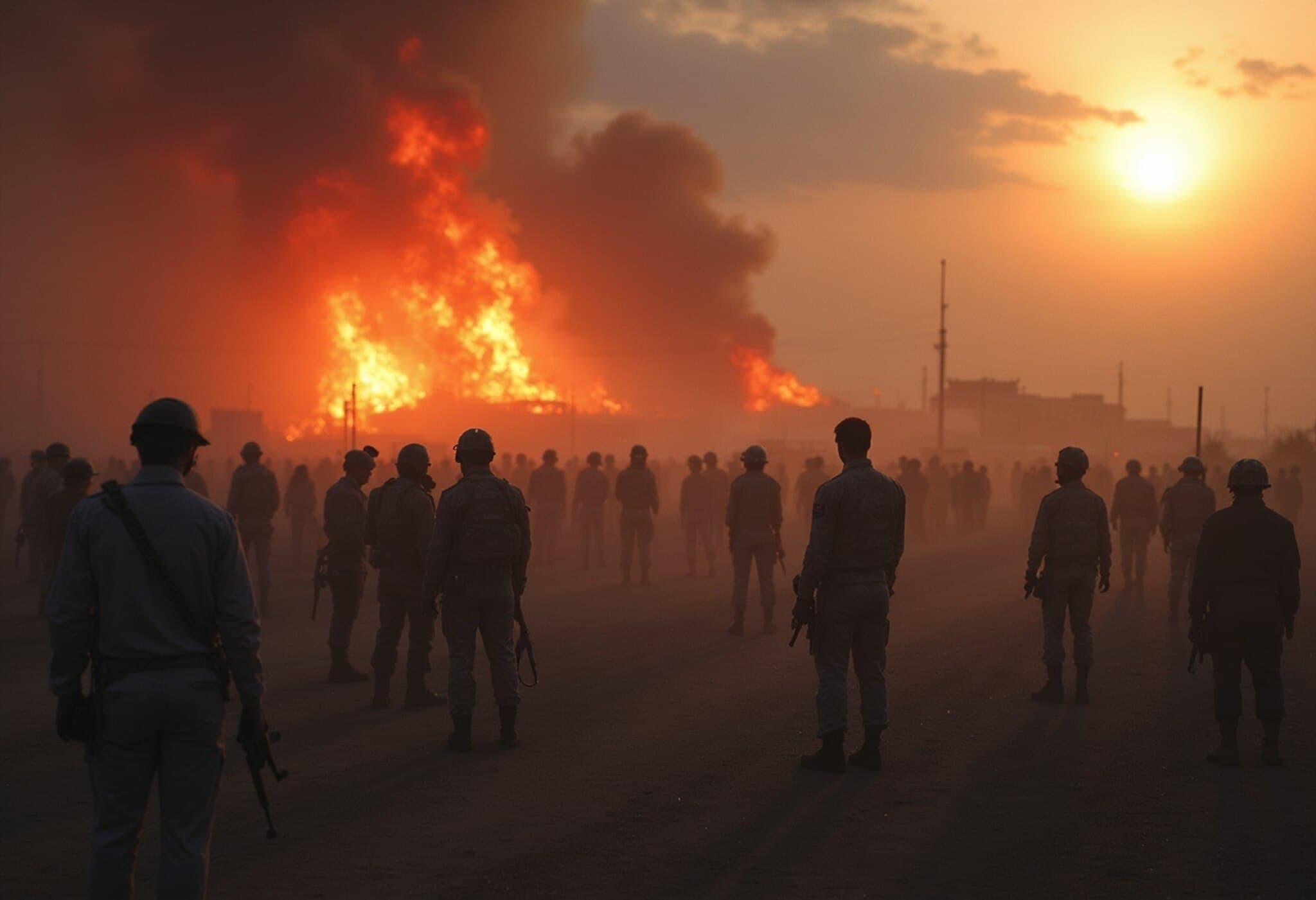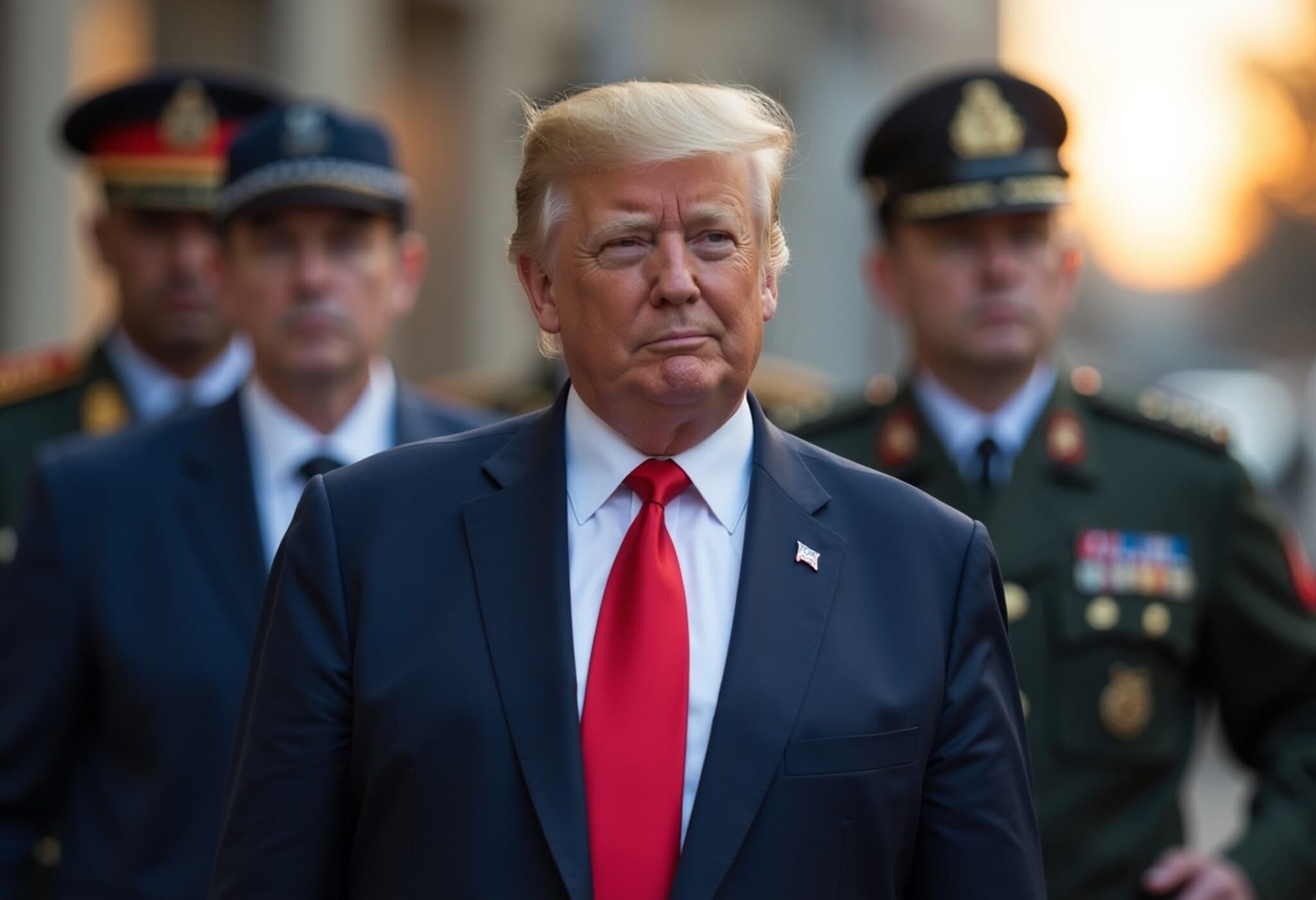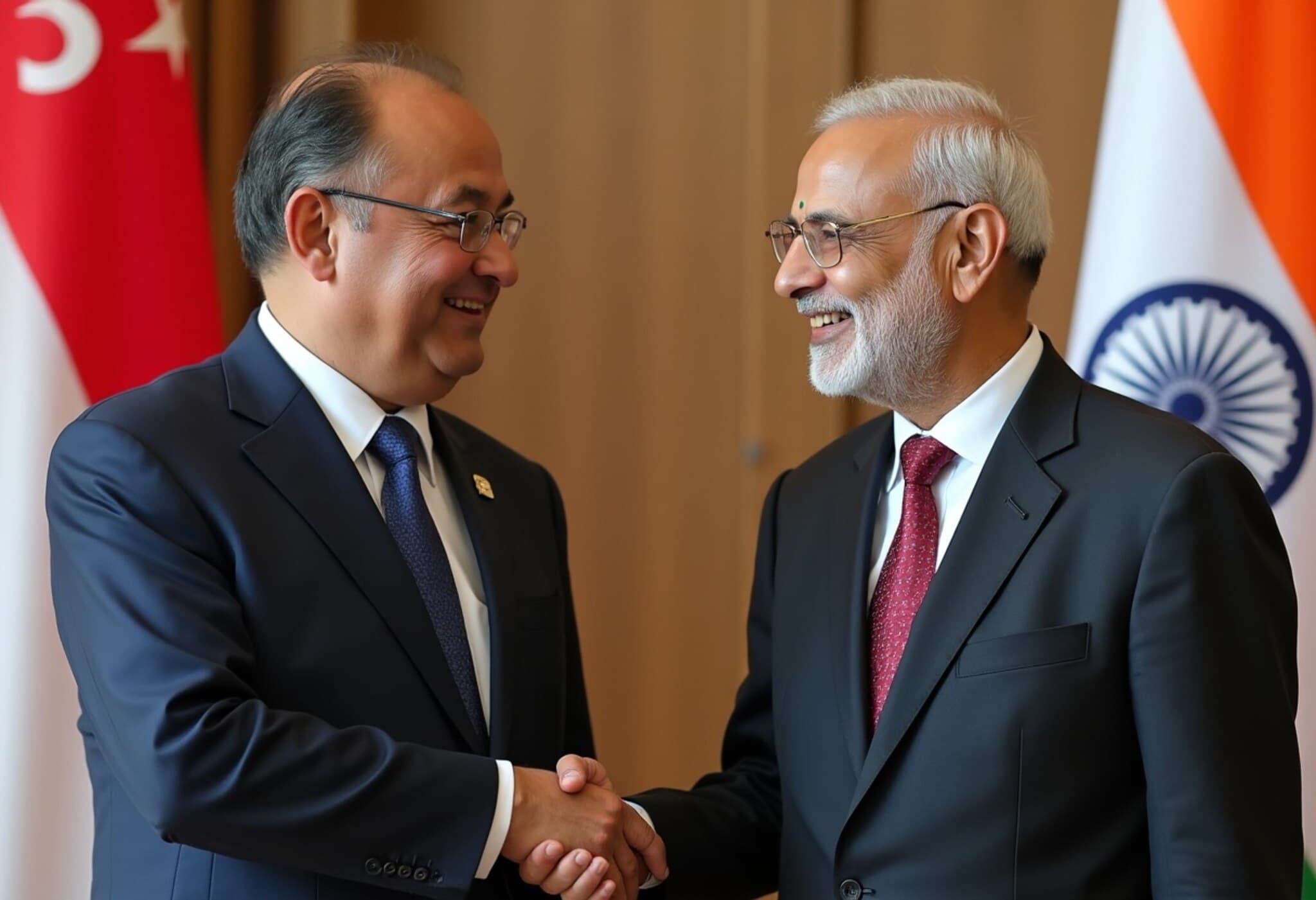Indian National Detained at Changi Airport Over Multiple Shoplifting Incidents
In a significant crackdown on retail theft, Singapore authorities apprehended an Indian man at Changi Airport for stealing luxury items valued at over S$5,136 (approximately Rs 3.5 lakh). The arrest follows an investigation into a series of thefts involving perfumes, cosmetics, and designer bags from 14 retail outlets across Singapore’s renowned Jewel Changi complex.
How the Theft Was Uncovered
The case emerged in late May when a retail supervisor conducting a routine stock count noticed a bag missing from one of the Jewel Changi shops. Closed-circuit television (CCTV) footage captured the suspect pocketing the items and leaving the premises without payment. Police swiftly initiated a probe leveraging this visual evidence to identify the individual.
Although the suspect initially left Singapore after the thefts, authorities kept close watch and successfully arrested him on June 1 when he returned and passed through Changi Airport.
Recovered Goods and Legal Proceedings
On his arrest, officers recovered the stolen luxury goods, which primarily comprised high-end perfumes, cosmetic products, and fashion accessories. The suspect will be formally charged with theft and fraudulent possession of property, reflecting the seriousness of the offenses under Singaporean law.
Singapore Police's Firm Stand Against Retail Crime
The Singapore Police Force emphasized their continuing commitment to combating shoplifting and related crimes. They warned offenders against attempting to evade capture by quickly leaving the jurisdiction, highlighting the seamless coordination between law enforcement and retail stakeholders.
“Offenders should not think that they can evade capture by quickly boarding a flight. The police will continue to work closely with stakeholders to prevent and deter shop theft cases,” officials stated.
Contextual Insights: The Broader Impact of Shoplifting in Transit Hubs
Singapore’s Changi Airport, a global travel nexus, is highly sensitive to security breaches, including retail theft, which can undermine its reputation as a safe and trusted shopping destination. Incidents like these not only affect consumer confidence but also impact retailers—often local businesses—who face inventory loss and heightened security costs.
From a policy perspective, this case underlines the increasing need for enhanced surveillance technology and international cooperation to track transient suspects who exploit global transit points to commit crimes.
Moreover, the arrest serves as a reminder to travelers about the legal risks associated with theft abroad, especially in jurisdictions with strict anti-crime policies like Singapore, known for its robust law enforcement mechanisms and mandatory penalties.
Underreported Perspectives
- Economic ripple effects: While the headline focuses on the stolen value, the indirect costs—the increased insurance premiums, potential job insecurity within retail outlets, and the diversion of police resources—paint a broader picture of shoplifting’s societal cost.
- Human consequences: Beyond legal repercussions, the suspect may face challenges such as travel restrictions and reputational damage, factors critical to immigrant communities and traveling professionals.
- Prevention vs. punishment: The case invites reflection on how airports and retail hubs can balance rigorous security with customer convenience and privacy.
Editor's Note
This incident serves as a vivid case study of how modern transit hubs like Changi Airport are frontline arenas for combating organized and opportunistic retail crimes. It also highlights the seamless integration of technology and international policing needed to address such challenges effectively. For travelers and retailers alike, this episode raises important questions about security protocols, the impact of theft beyond immediate financial losses, and the growing sophistication criminals may employ at global travel intersections. How can airports better safeguard their premises without compromising the open, welcoming atmosphere that defines world-class transit centers? And what do incidents like this signal about the evolving nature of cross-border crime in an increasingly connected world?



















